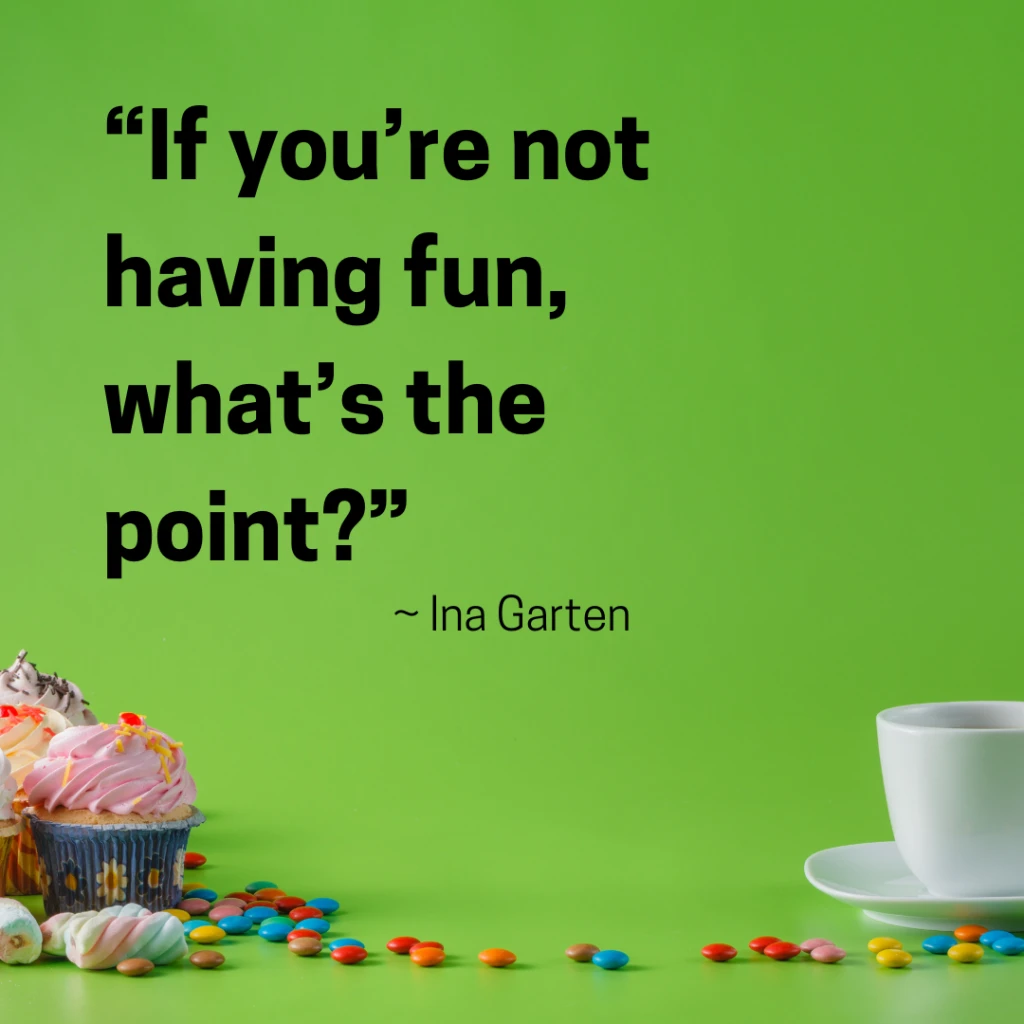One of the most frequent questions I’m asked about resumes is, “How long should my resume be?” The question often comes from mid to senior level executives who have always heard you should fit your resume on to just one page. They remember a college professor or an article they read in the beginning on their career warning them that employers will never read past for the first page. They’re willing to try anything to get it on to just one page. They shrink the font so small it requires a magnifying glass to read, they format it into columns that feel disjointed but allow for the information to fit on one page, or they simply leave off important details to avoid going to page two. My answer to the resume length question is the same every time, “It takes as many pages as it takes.”
Don’t short change your experience to obey the rules
If you are a mid to senior level professional with strong relevant experience your resume will likely require more than one page. Your depth of experience is simply deeper and will take up more than one page. Be sure to be consistent in the formatting as you move throughout the pages so it’s easy to read. Adding an extra page or two does not mean you can go on and on with words simply to fill a page. It becomes even more important to have strong, relevant, understandable content in multipage resumes. If the resume is all fluff and little substance, no one wants to finish page one not to mention page two.
Page 1 has to be really good
It’s been said the average resume gets a 6 second review. If you want me to continue reading to the second page, the first page had better my their attention. This means clean, concise, relevant, and quantitative content that immediately sets you apart from your peers. If you work in an industry and community that encourages creativity the format must be unique and eye catching as well. If you’re not in one of those industries or communities, keep the resume clean and easy to read. Lots of columns, formatting changes, font changes, and graphics may frustrate the reader & keep them from reading on. Trust me, I feel like an old school teacher telling you this. I want everyone to have the freedom to be creative but it’s important to know your audience. Be on the lookout for future posts about knowing your audience.
Electronic resumes don’t feel as long as paper resumes
Most of us never send a paper copy of our resumes any more. The 1 page resume rule was created back when we mailed copies of our resumes on expensive paper to employers in the hope that it will get noticed. Not only were multiple page resumes expensive to produce they also seemed overwhelming to the reader. No one wanted to recieve a resume packet from a perspective employer. Today we skim resumes (causing them to get even less attention) in .pdf format and rarely realize that we’ve gone from page 1 to page 2. If the resume goes on and on we’re sure to notice but simply put electronic resumes are different than receiving stacks of paper in the mail.


